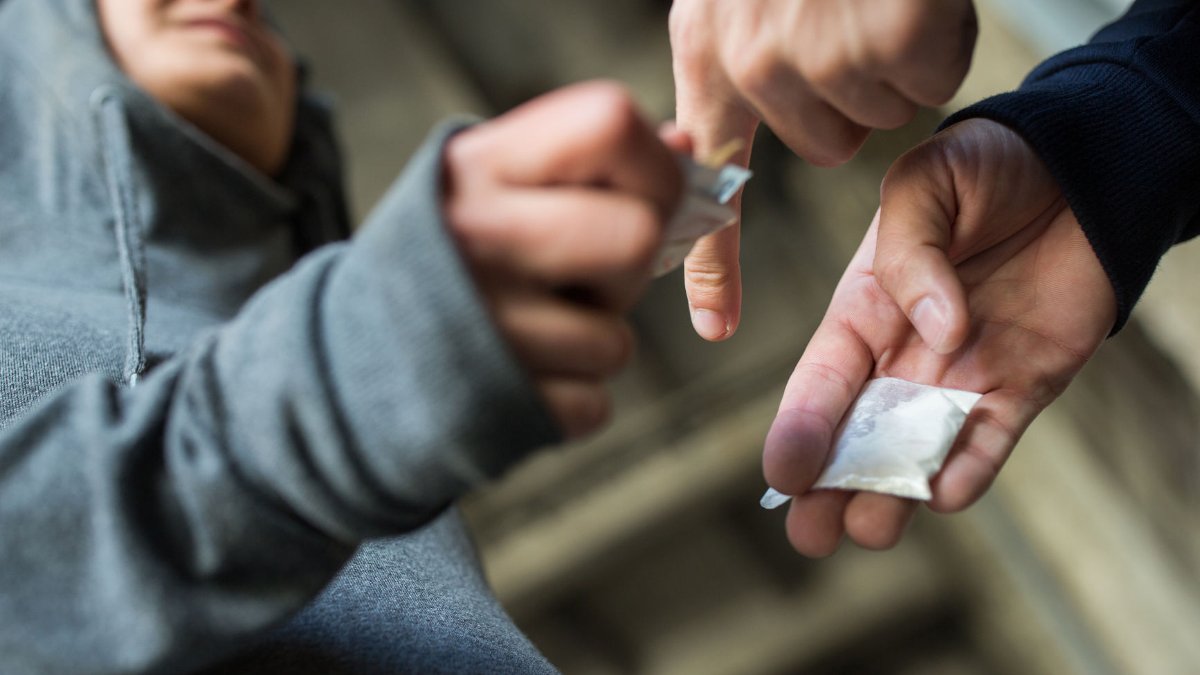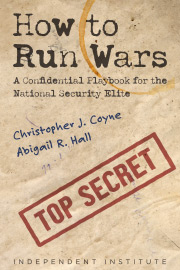January marks the 97th anniversary of the 18th Amendment to the U.S. Constitution, which in 1920 banned the manufacture, sale, and transport of “intoxicating liquors.” Backers hailed Prohibition as a cure for many of society’s problems, arguing it would reduce crime and corruption, prevent the disintegration of American families, and lower the tax burden from prisons and poorhouses.
Despite these good intentions the 18th Amendment failed. Although alcohol consumption sharply decreased at the beginning of Prohibition, it quickly rebounded. Within a few years consumption was between 60 and 70 percent of its pre-Prohibition level. The quality and potency of bootleg liquor varied greatly, resulting in deaths from poisoning and overdoses.









